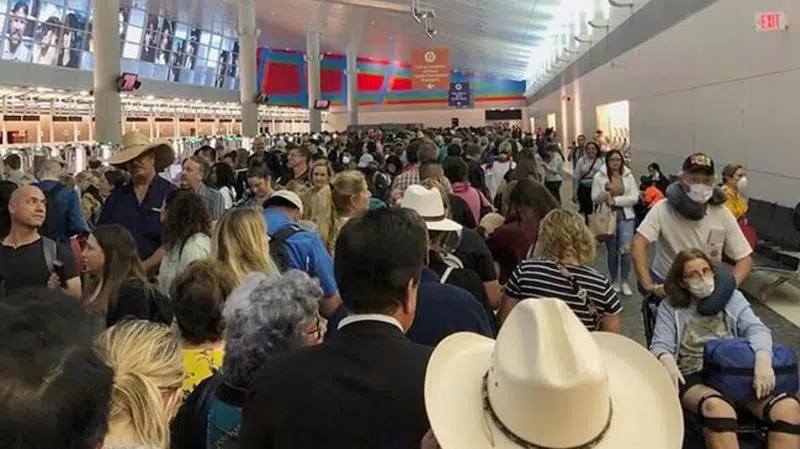
Countries around the world announce more virus restrictions
BARCELONA, Spain — Authorities around the world turned to increasingly drastic measures to try to slow the spread of the new coronavirus Sunday, with lockdowns, curfews and travel restrictions spreading.
Soldiers and police sealed the densely populated Philippine capital from most domestic travellers in one of Southeast Asia’s most drastic containment moves. The move mirrored a lockdown Spain announced just hours earlier for its 46 million citizens.
France ordered the closing of just about everything the rest of the world loves about it — the Eiffel Tower, the Louvre, the cafes and restaurants — as governments took increasingly desperate measures to put more space between people and contain the virus.
President Donald Trump announced that the U.S., which days ago barred travellers from most of Europe, will extend the ban to Britain and Ireland. And more cities in the U.S. put in place curbs on gatherings of more than a few hundred people, with one New Jersey city even announcing an overnight curfew.


